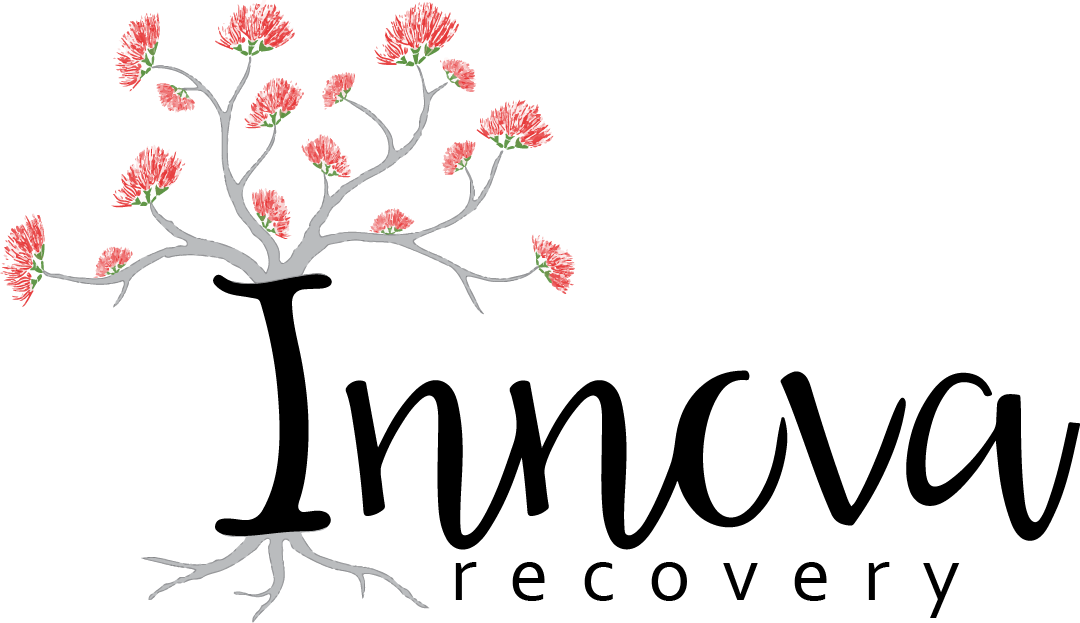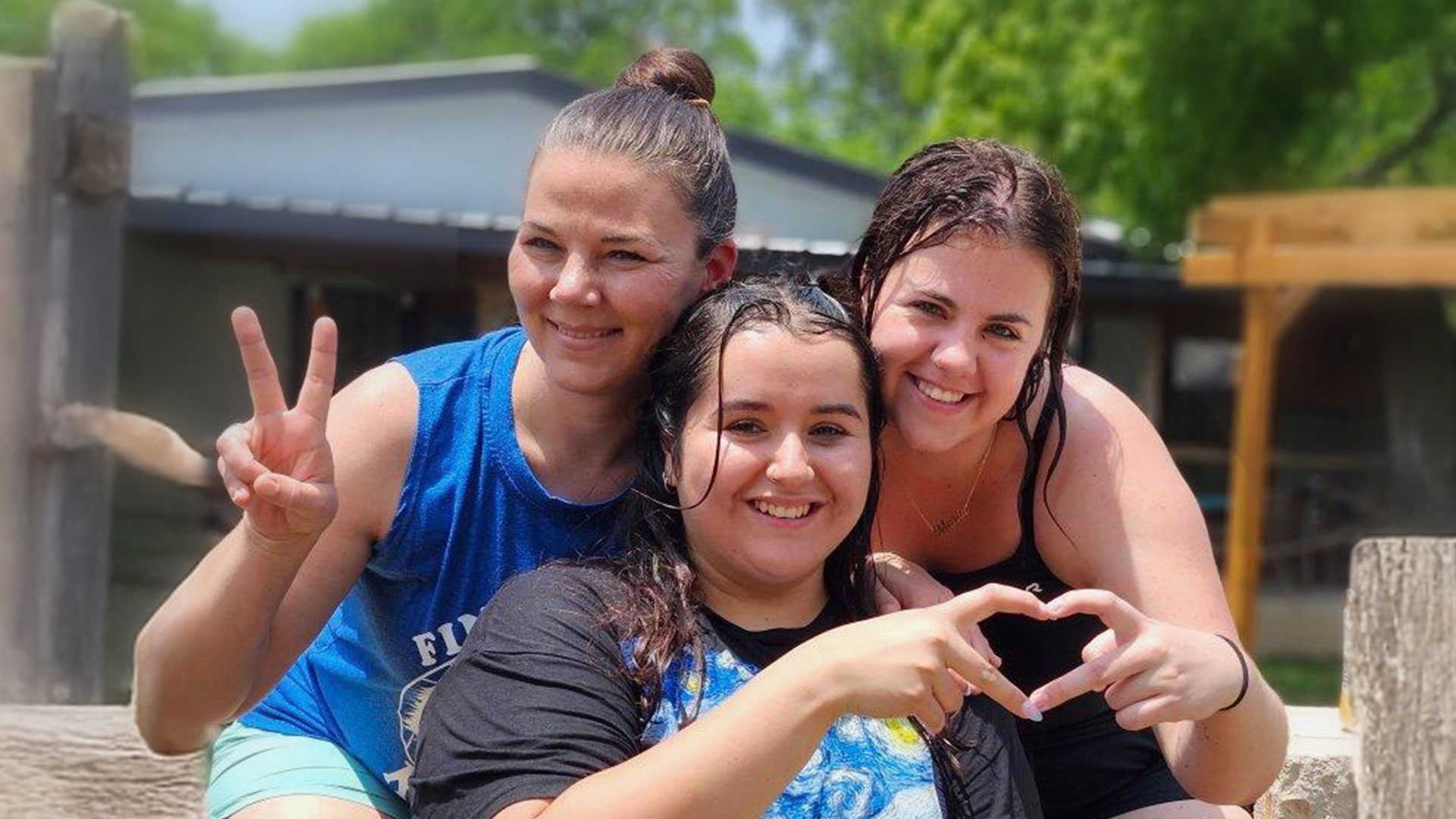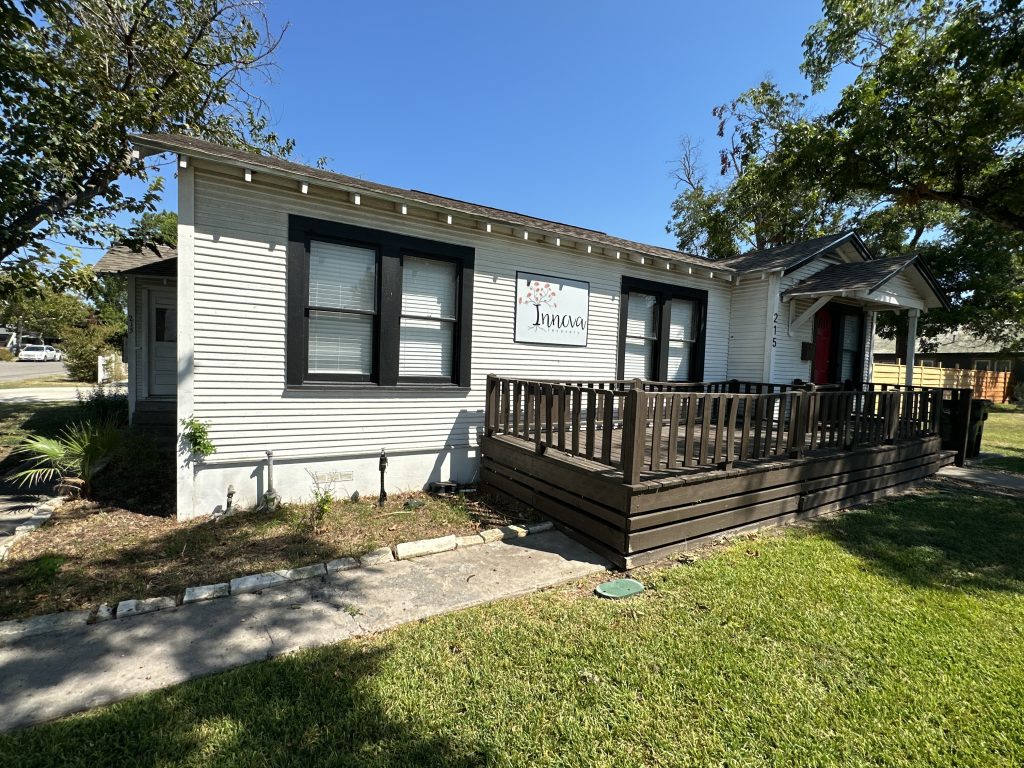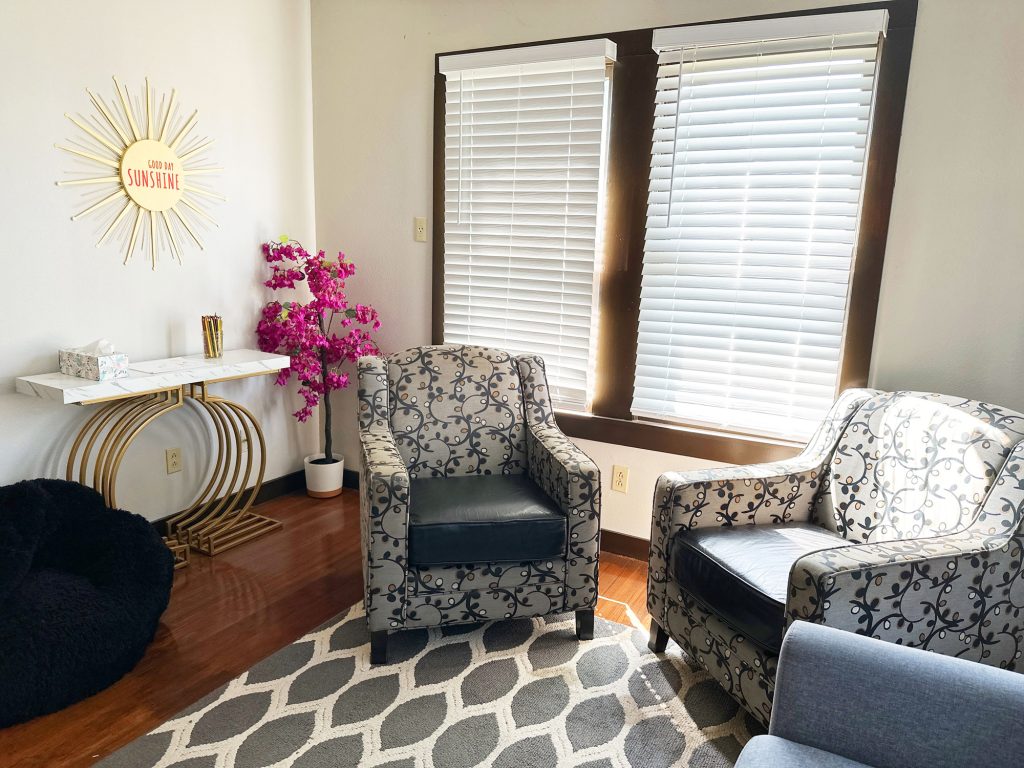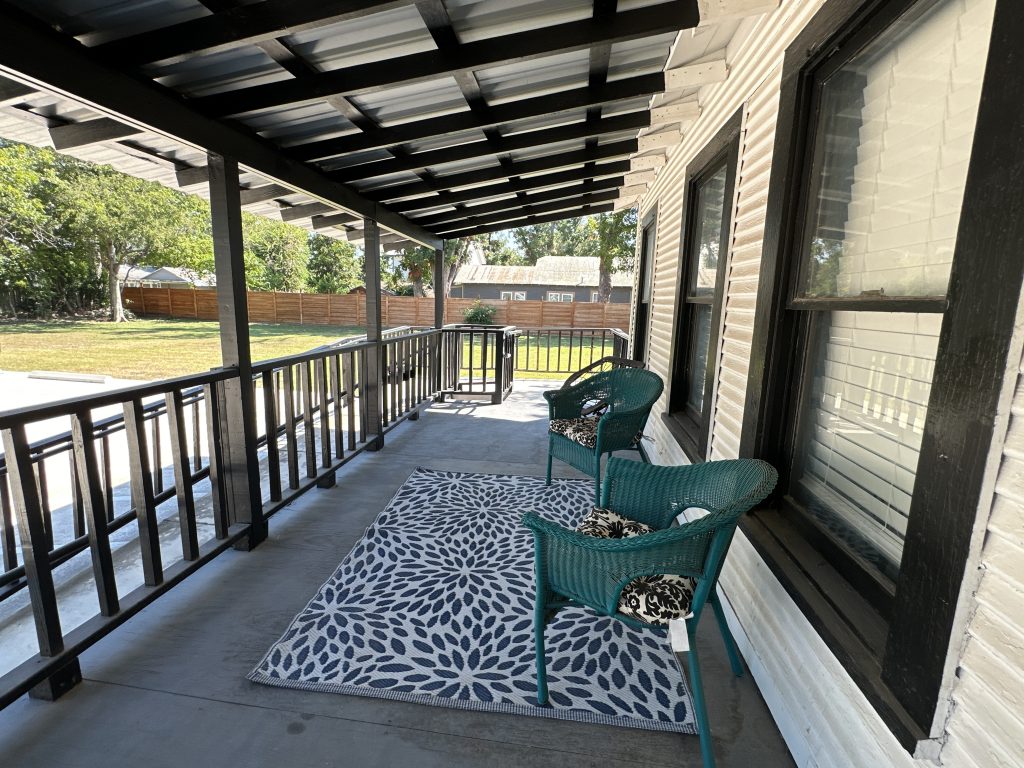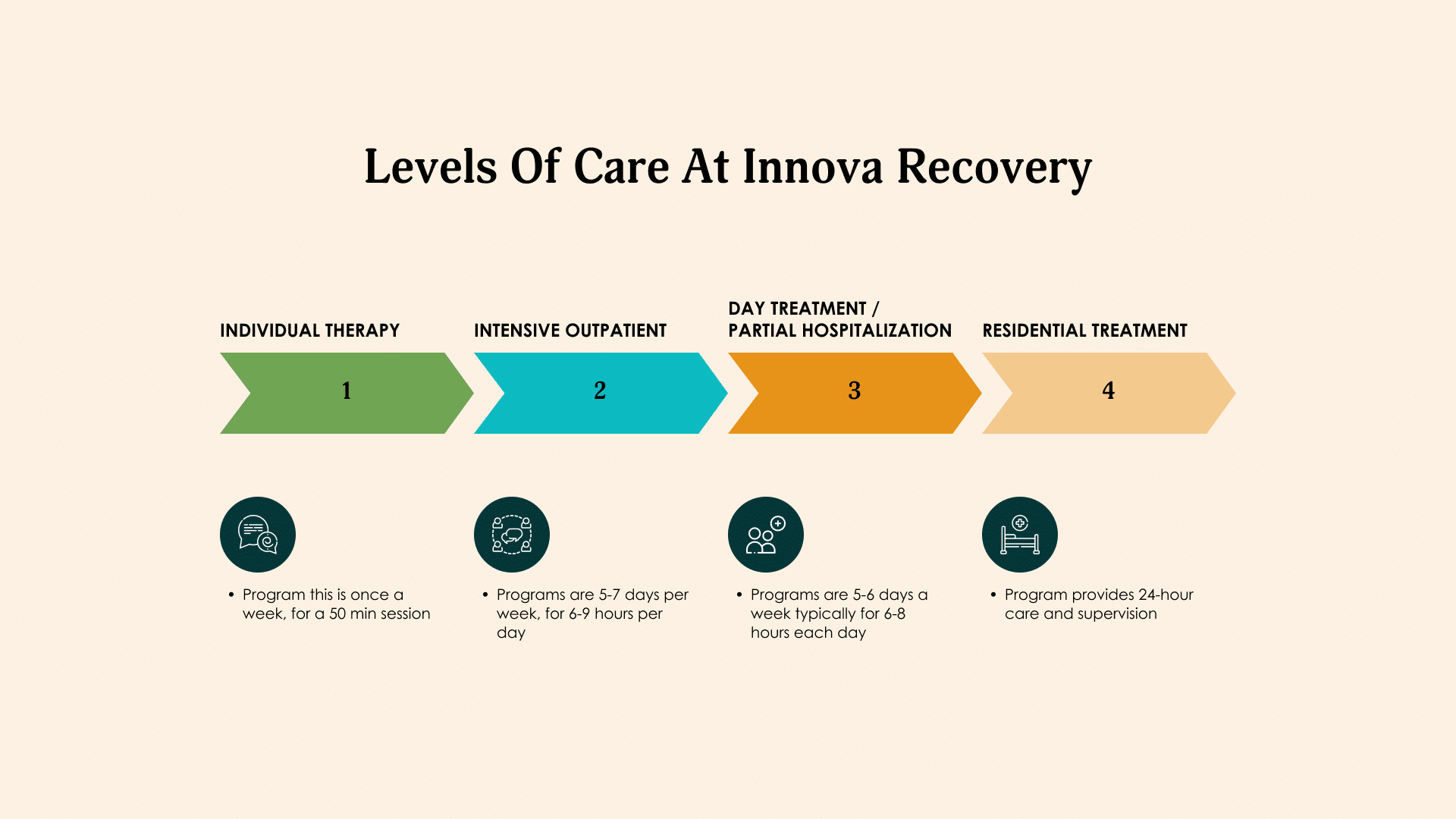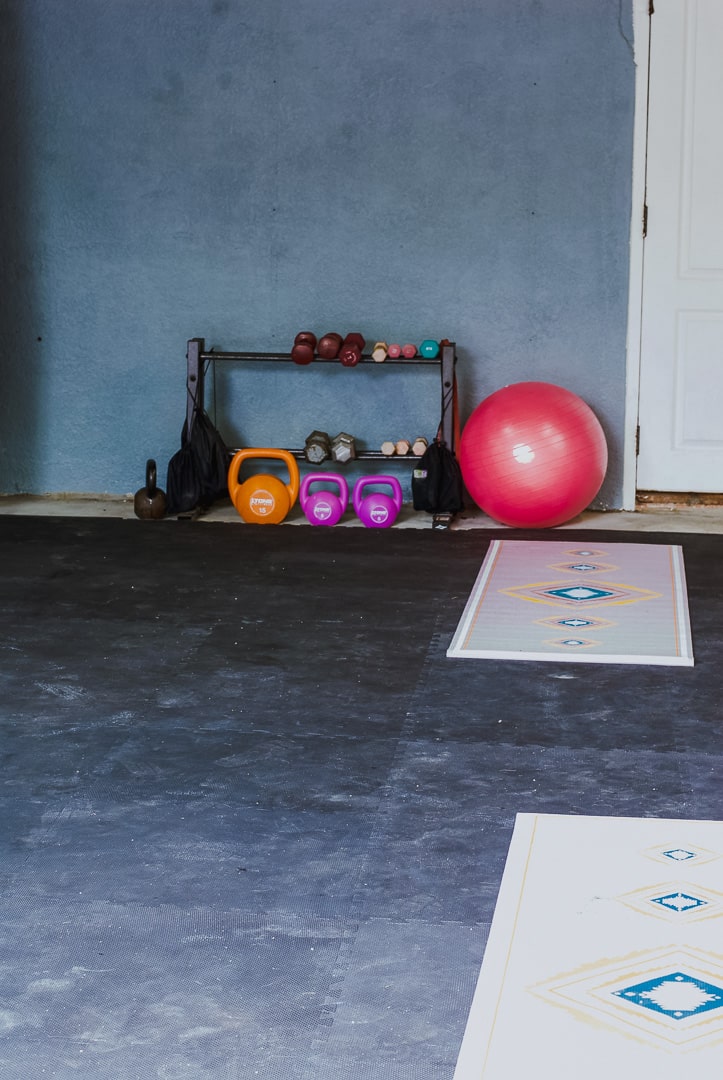When disaster strikes—whether it’s flooding, a fire, or another crisis—it’s not just adults who feel shaken. Kids notice everything. They sense stress, overhear conversations, and sometimes directly experience scary events themselves.
As parents, caregivers, and community members, we often wonder: How do I talk to my child about something so complicated?
In this video, Dr. Kasi Howard, founder of Innova Recovery Center, shares heartfelt advice for having these important conversations with children after traumatic events:
Here’s what she recommends:
1. Be Honest, But Gentle
Children are incredibly perceptive. Dr. Howard says it best:
“Kids are big old truth sniffers.”
They can tell when adults are withholding information or not being honest. It’s essential to convey the truth but with discretion. Skip the graphic or frightening details that could further traumatize them. Focus on sharing just the basic facts calmly and clearly.
2. Avoid Figurative Language
While phrases like “they live on in our hearts” may comfort adults, they can confuse young children who think literally.
Instead, use simple, concrete words. For example: “We will always be able to remember them.” This helps kids process their feelings without confusion.
3. Encourage Expression Through Activities
Children often express their emotions through creative outlets. Drawing or writing can help them make sense of what’s happening. Dr. Howard also suggests empowering children to help others:
- Making cards for kids affected by the flooding
- Collecting donations, like bottled water or supplies
These simple actions help children feel less powerless and show them they can make a difference, even during hard times.
4. Limit Exposure to News & Media
During crises, it’s tempting to keep news channels on or scroll social media for constant updates. But this can overwhelm kids quickly.
Be mindful of the amount of news your child is exposed to. Instead, choose quiet, calming activities together and only share updates that are necessary for them to understand.
5. Share Stories of Hope & Rescue
Balance difficult news with positive stories about helpers, heroes, and community support. These uplifting examples can restore hope and remind kids that even in scary times, people are good and caring.
6. Reassure Them of Their Safety
Perhaps most importantly, children need reassurance that they are safe. Remind them: “You are safe here with us.” Hearing these words and feeling your calm presence helps ease their worries. Also, remember that sometimes the best reassurance isn’t verbal—it’s physical. Try offering physical comfort, such as extra hugs or holding hands, even just sitting close. These small gestures signal that they are protected and cared for.
When to Seek Extra Help
If your child appears highly anxious, withdrawn, or overwhelmed, it may be time to consult a professional. Innova Recovery Center offers trauma-informed counseling for children and families, including scholarships and resources for those affected by disasters like the Central Texas floods. Learn more about our recovery efforts here.
You’re not alone in this. Help is here at Innova. Call us at (210) 254-3618.
Together, we can help children heal and grow, even through the toughest times.







